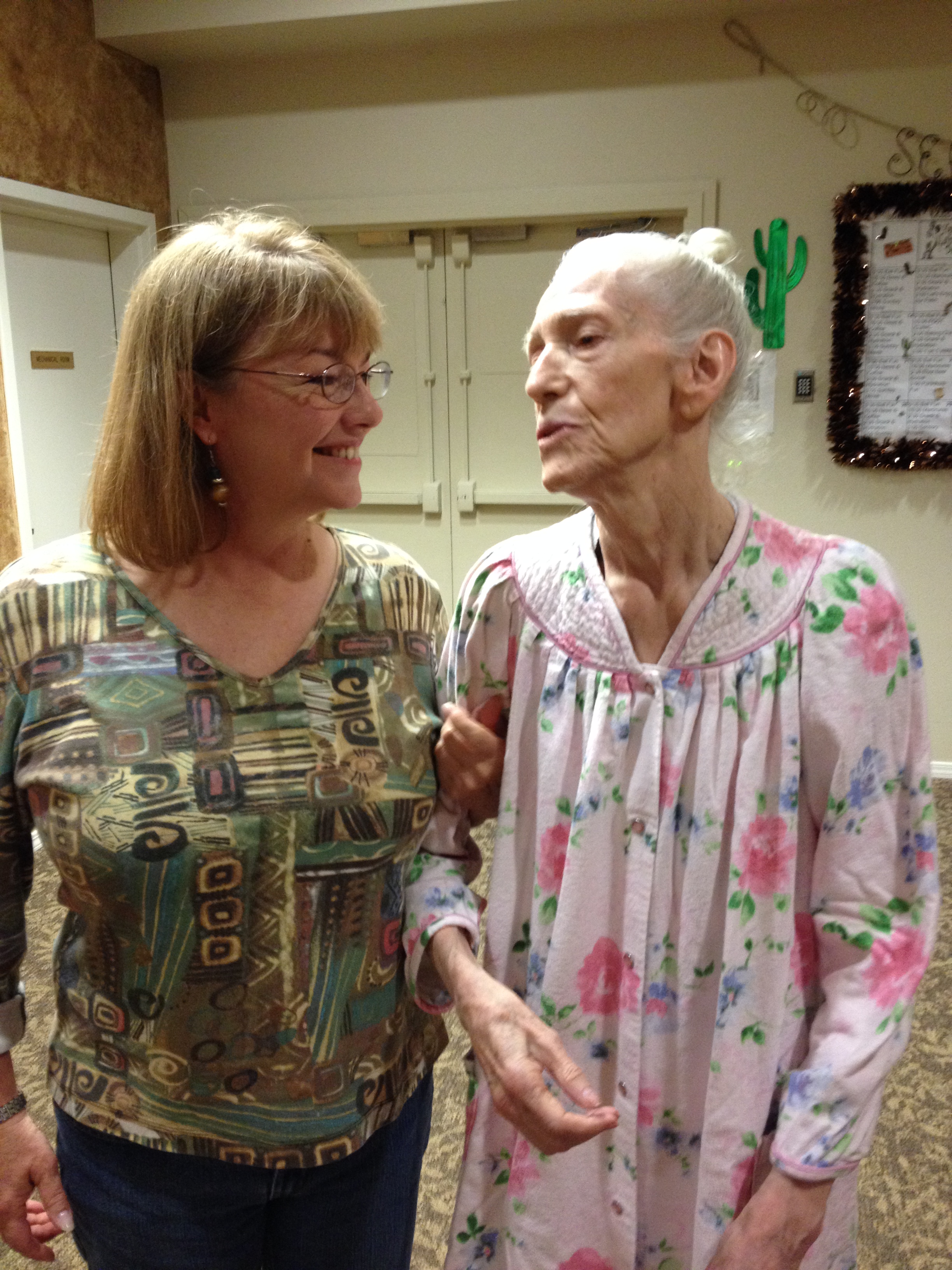AARP Hearing Center

By AARP State President Mike Tucker
“One might think that the toughest part of caregiving would revolve around shopping, cooking, cleaning and other household duties, interspersed with organizing medications, but it's not,” says Stuart. “The greatest challenge is keeping a positive attitude, along with faith and hope, not only for the patient, but also for myself as caregiver,” he says.
Stuart is one of more than 1.25 million Washingtonians who perform a great labor of love: caring for aging parents, spouses, and other loved ones so they can remain in their homes. These family caregivers are sometimes on duty 24 hours a day, seven days a week – and often they can’t even take a break. But they wouldn’t have it any other way.
That’s why we honor these unsung heroes for their labor of love during November: National Family Caregivers Month. To honor family caregivers, AARP has launched a new initiative to spotlight their stories, called “I Heart Caregivers”: aarp.org/iheartcaregivers. Stuart is one of the many Washingtonians sharing their stories.
“Years ago I was taught, ‘Attitude is everything,’” says Stuart. “This is so vital with illnesses. It is fortunate that both my wife and I are positive people. It really helps on those occasions when she is down, I am up, and vice versa.”
It’s a fact: the vast majority of older Washingtonians want to live independently, at home, as they age. And, family caregivers are the ones who provide the bulk of assistance to make this goal a reality for many. They help with:
• bathing and dressing
• meal preparation
• managing finances
• transportation
• grocery shopping, and much more.
That’s why AARP continues to advocate for increased support for caregivers through programs like the “Family Caregiver Support Program.” The Family Caregiver Support Program is a service available to unpaid caregivers of adults needing care and living in Washington State. There are local Family Caregiver Support Program offices throughout the state staffed with caring and knowledgeable people who can help you:
• Find local resources/services.
• Find caregiver support groups and counseling.
• Get training on specific caregiving topics.
• Get respite care if you need a break.
• Talk through specific issues you are having and offer practical information and caregiving suggestions.
You might say the program is small but mighty. They provide valuable support, but limited funding means the program only reaches one percent of those who could make use of its counseling and support groups, training, and respite care. The deep budget hole expected in the upcoming state legislative session means the program will continue struggle for finances.
Today, the average family caregiver is a 49-year-old female, who takes care of a 77-year-old woman – usually her mother. She provides 20 hours a week of assistance to her loved one, although she may be on call around-the-clock. She also works.
In Washington, family caregivers provide unpaid care valued at an estimated $10.6 billion annually. For our state, their contribution runs even deeper. By helping their older loved ones remain at home – and out of costly nursing homes, usually paid for by Medicaid – family caregivers are, in essence, saving the state money.
But, family caregivers need more support – so they have the strength and energy to carry on: more support, help at home, workplace protections, training and more.
Keep in mind: If you’re not a caregiver now, you were one in the past, or you will likely be one in the future. Let’s all take a moment to recognize our fellow family caregivers – share your story at aarp.org/iheartcaregivers.































































